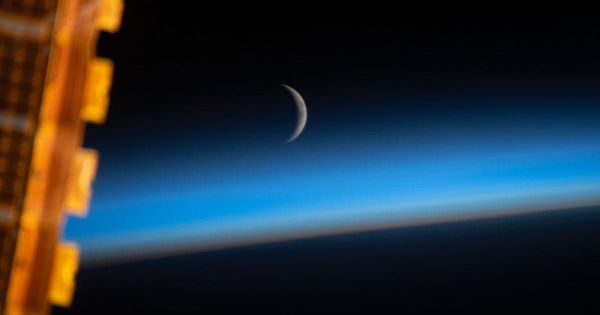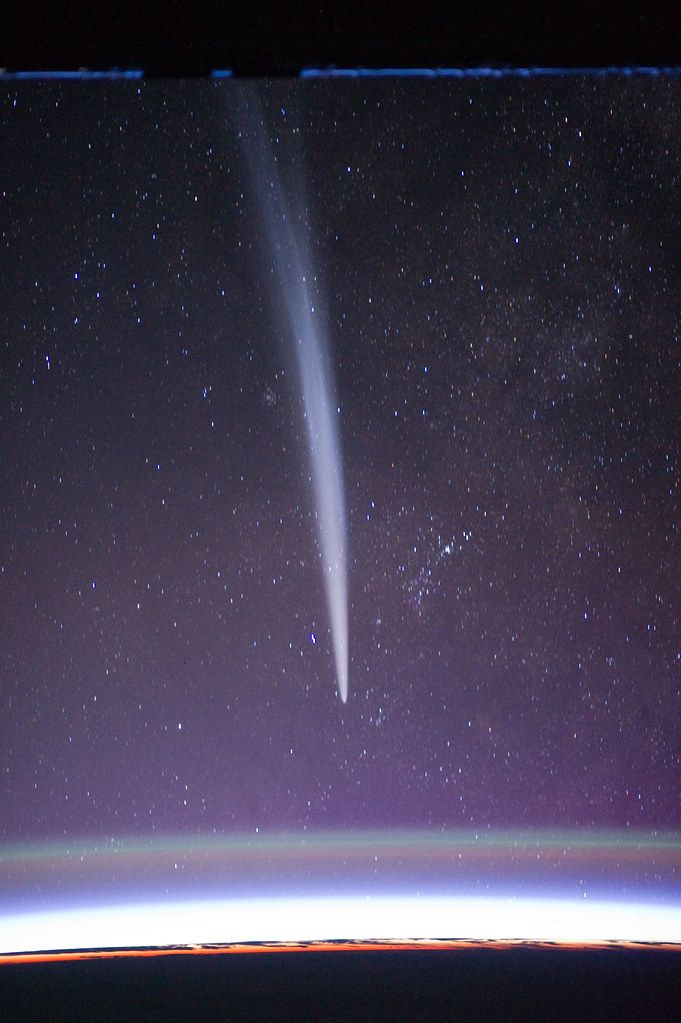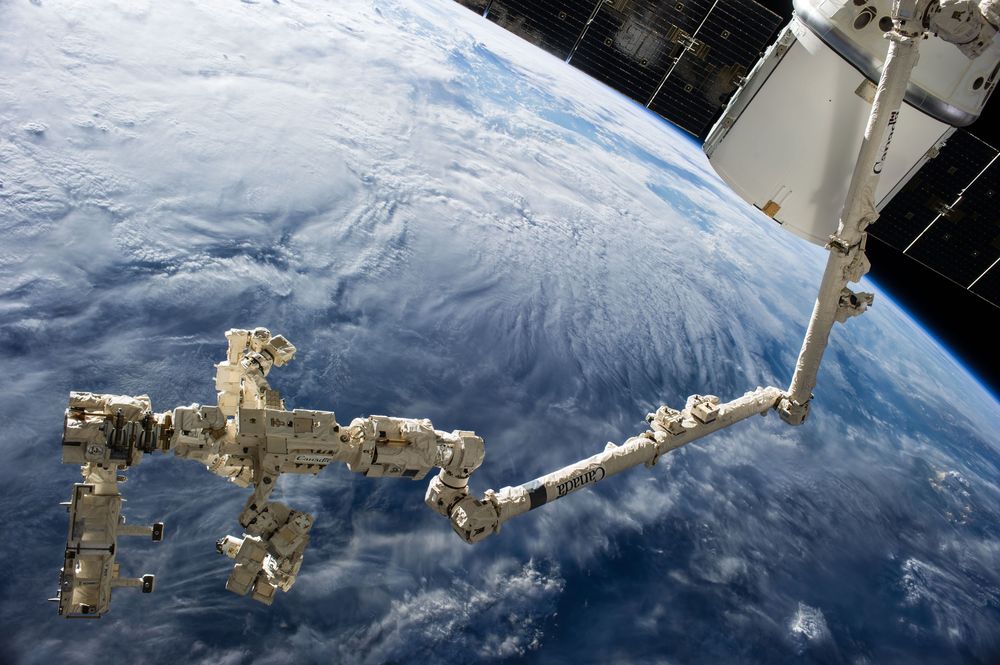As we look forward to #Moon2024 mission, we’re sharing these highlights of our favorite neighbor taken from the International Space Station and Earth:
Photographs of the moon taken by astronauts in space and individuals on Earth.
Show more.



After billions of years of cooling, the Moon continues to shrink. This NASA study shows how wrinkle ridges, curved hills and shallow trenches are forming as the Moon loses heat: https://go.nasa.gov/2VpcOR3



Making sure astronauts on space missions have sufficient supplies is a major challenge. Not only does food need to be sent up to locations like the International Space Station (ISS) in expensive resupply launches, but a further problem is making sure that astronauts have enough water and oxygen for their needs as well.
It’s also hard to ensure that the astronauts are getting sufficient nutrition from their diet. Ideally the astronauts would be able to grow their own food on the space station, but plants react strangely to microgravity so it’s hard to grow fruits and vegetables successfully.
The current life support systems used in space use chemical reactions to create water and oxygen and to recycle carbon dioxide. But a new system could use algae to produce oxygen, water, and even food.

Robotics ground controllers in NASA’s Mission Control Center at the agency’s Johnson Space Center in Houston successfully replaced a failed Main Bus Switching Unit (MBSU) on the International Space Station with a spare using robotic operations on Thursday, May 2. The operation to replace the failed unit was conducted using the station’s Canadarm2 and Dextre, both part of Canada’s contribution to the International Space Station.
Using complex robotic work to perform critical maintenance allows astronauts to spend more time working on scientific experiments and helps develop better technologies and procedures for future human and robotic exploration beyond low-Earth orbit.
“Developing new robotic systems is extremely important to get our astronauts back to the Moon by 2024,” Robotics Operations Systems Officer Mike Ferullo said. “The techniques and methods that we are developing with Dextre and Canadarm2 are directly applicable to future missions, and the construction and repair of any Moon-based mission will be done with robotics wherever possible. It’s an extremely exciting time to be involved in space robotics.